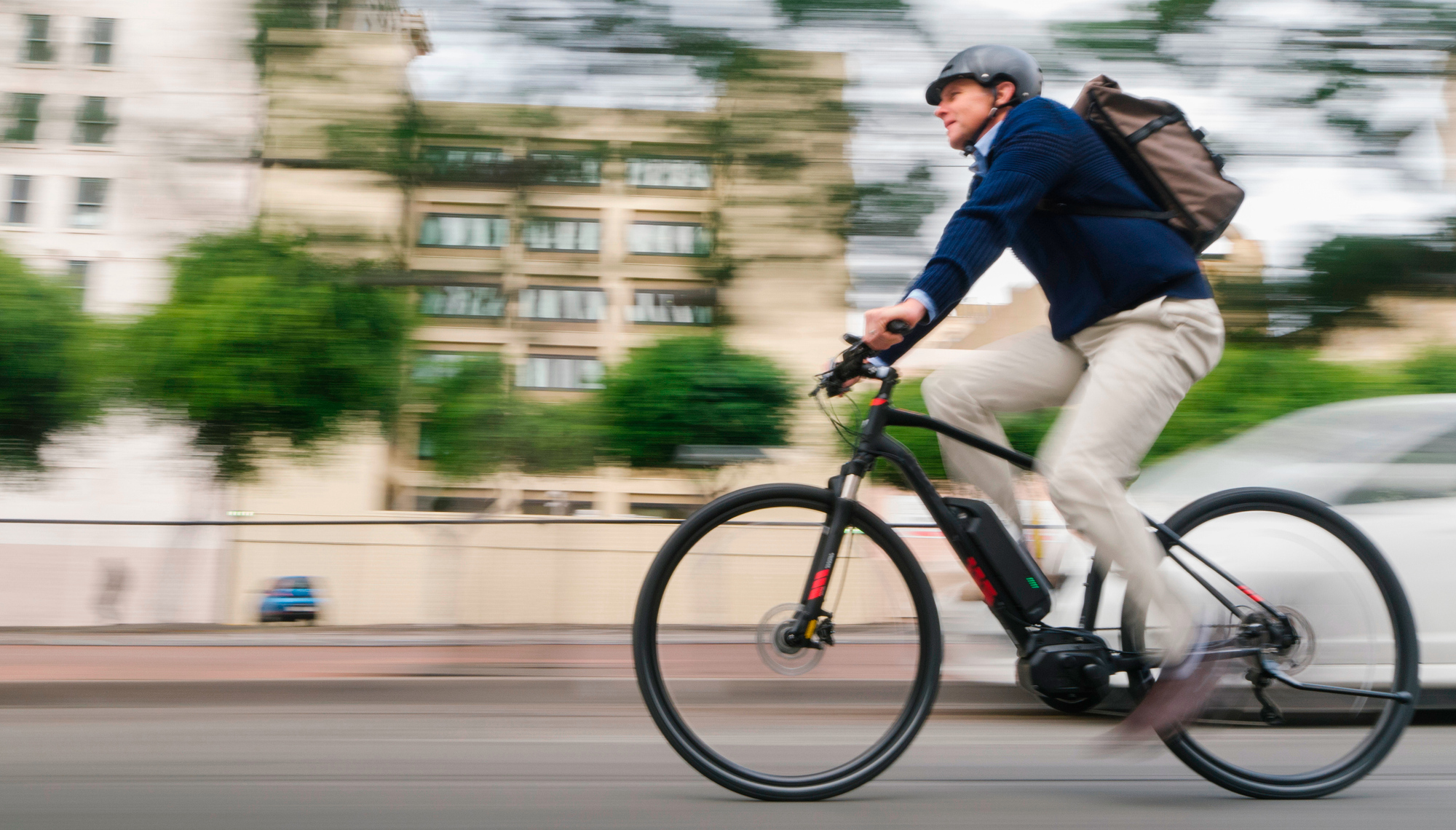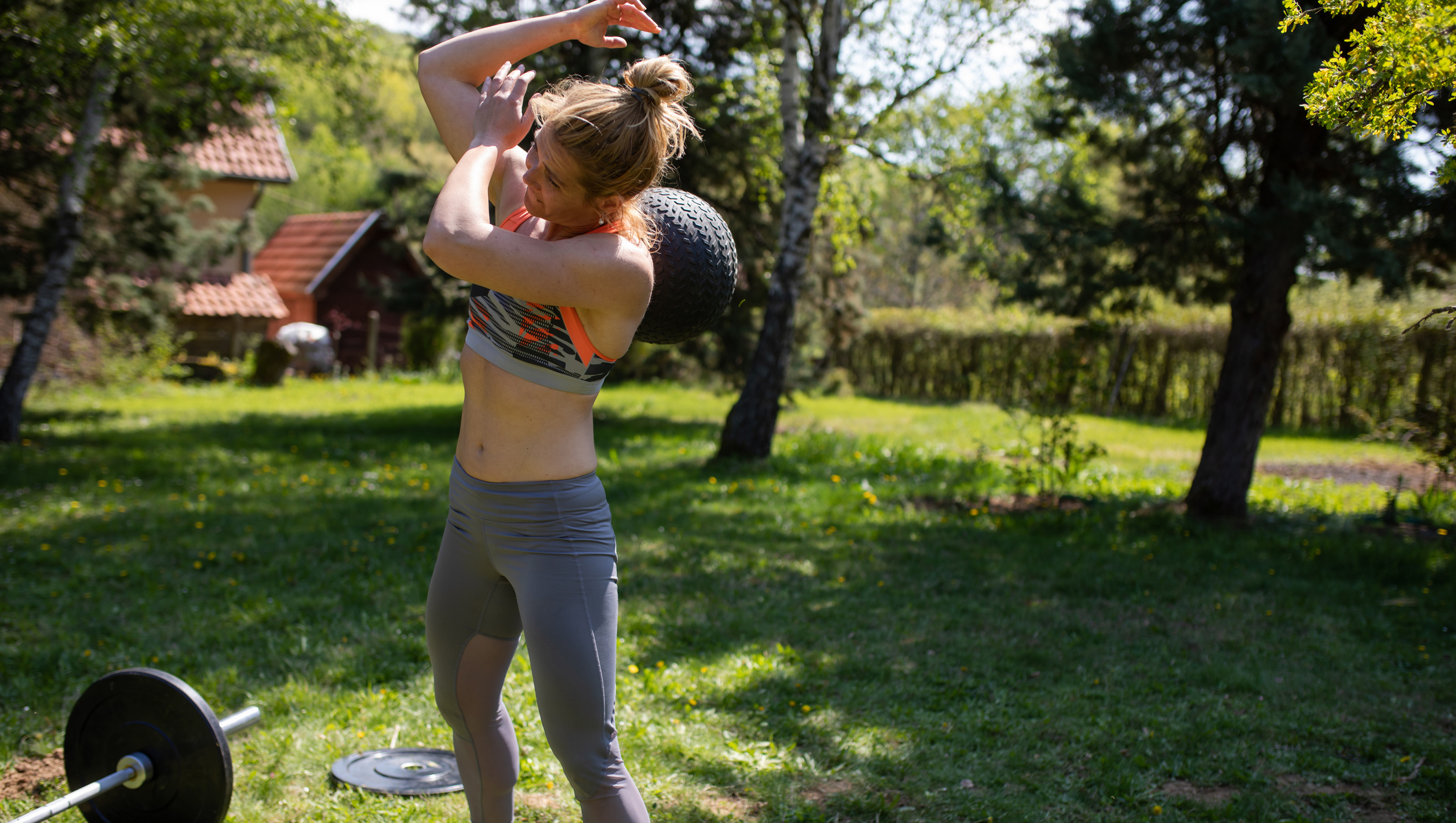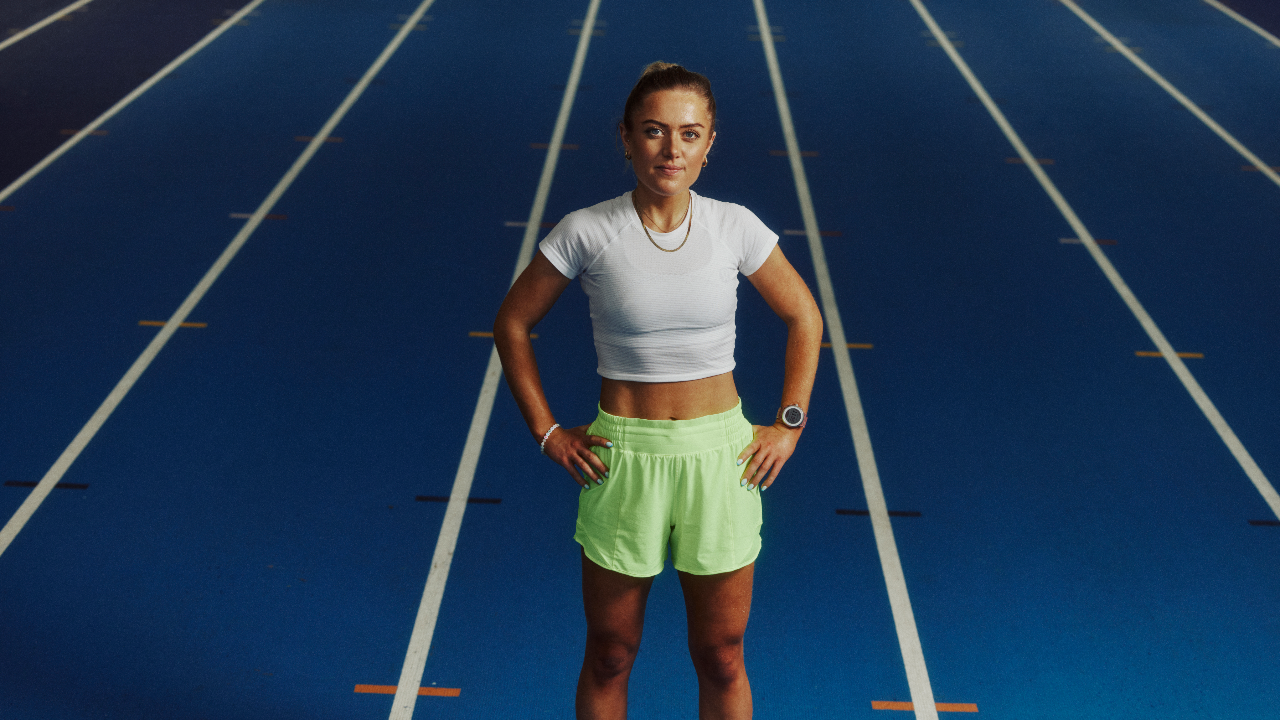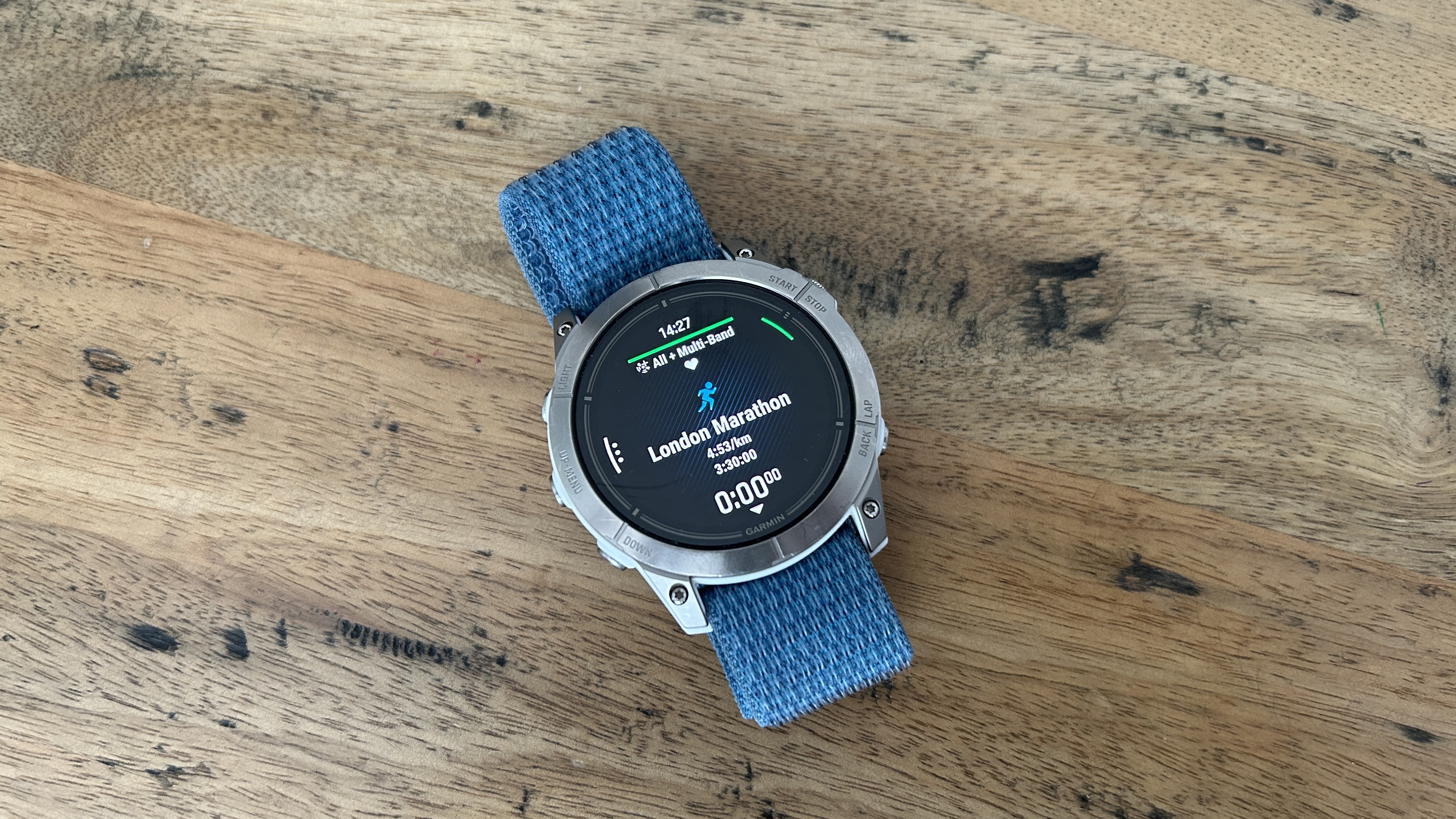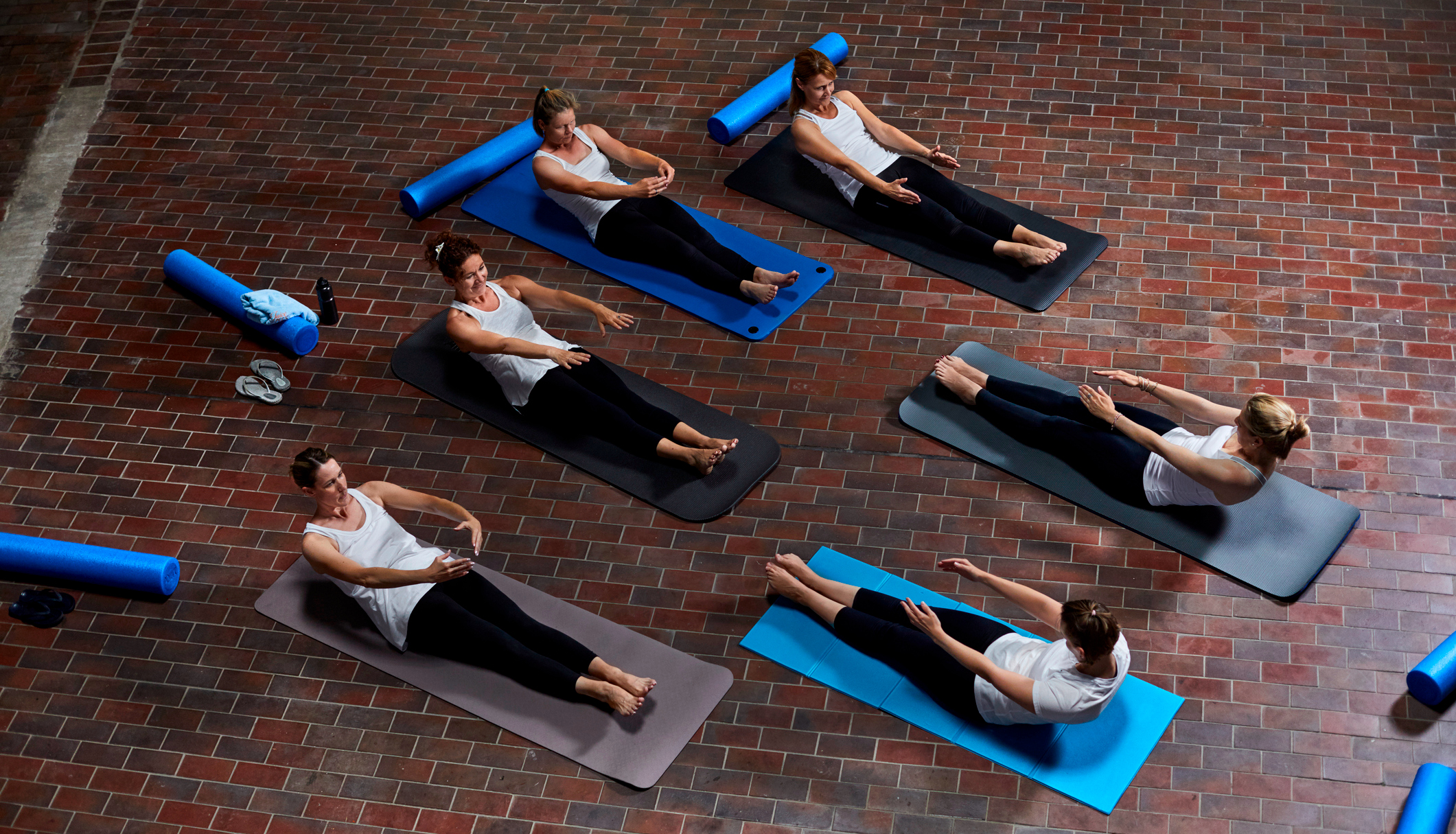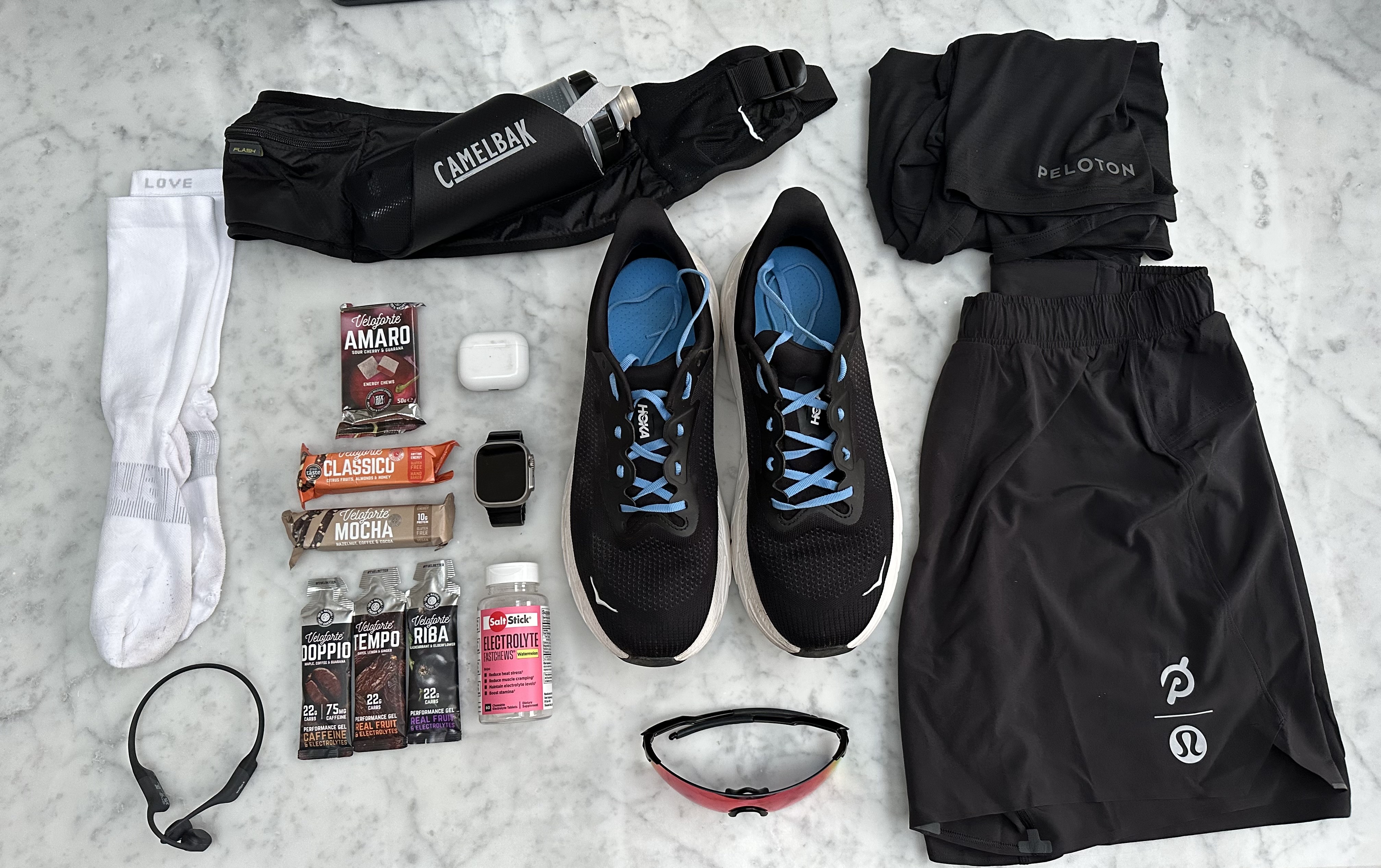Does The Vegan Diet Have Advantages For Amateur Athletes?
The author of The Vegan Athlete’s Cookbook gives us the scientific evidence
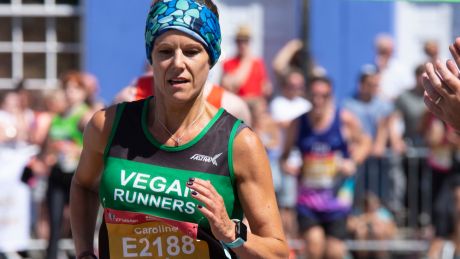
Even if you don’t subscribe to Netflix, you probably caught wind of The Game Changers, a documentary featuring athletes, scientists and the great Arnold Schwarzenegger. The film aimed to persuade viewers that the optimal diet for performance avoided all animal products.
You might expect the author of The Vegan Athlete’s Cookbook to agree wholeheartedly with that viewpoint – but no. “The underlying message of The Game Changers was that you don’t need to eat animal products in order to perform well in sport,” says Anita Bean. “However, it did go a step further, and basically said that the best diet for sport is a vegan diet. There is no evidence to suggest that is the case.”
The Vegan Athlete’s Cookbook is Bean’s fourth sports nutrition cookbook, and she has written stacks of books on sports nutrition, training and supplements. She’s also a registered nutritionist with the Association for Nutrition, as well as being the nutritionist for the London Marathon and Ride London.
“The book is tailored to the needs of people following a vegan diet and those who are interested in adopting more vegan meals,” says Bean. “It shows people how to get enough of the nutrients that they need just from plant foods.”
In case you were still in doubt that you can get what you need from plants, we asked Bean about the evidence.
Is a vegan diet equivalent to a non-vegan diet for sports performance?
The quick answer is yes, there is the science to support it. It’s a relatively small evidence base, but there are a number of studies that have shown that a vegan diet can support sports performance and recovery.
There is one 2016 study from Arizona State University which showed that a plant-based diet can even be advantageous for supporting aerobic fitness in athletes, and female athletes in particular. Partly because it tends to be higher in carbohydrates, and high glycogen stores are advantageous for aerobic or endurance performance.
Get the Coach Newsletter
Sign up for workout ideas, training advice, reviews of the latest gear and more.
Having said that, of course, there are many vegan athletes that go wrong and that’s why I wrote my book – to stop people making mistakes. Now you can buy vegan alternatives for meat, people think all they need to do is either swap their meat for that, or just omit the meat all together and eat vegetables, or eat more pasta. But if they do that, they won’t be getting the protein they need; they won’t be getting all the nutrients they need.
My book is to show people how they can put together a balanced vegan diet that will support their workouts, promote quick recovery and allow them to reach their performance potential.
Does the research focus on professional or amateur athletes, or both?
The studies have encompassed both recreational athletes and more serious or competitive athletes, so they support the benefits of the vegan diet within both groups.
See related
- 3 High-Protein Vegan Recipes From The Vegan Athlete’s Cookbook
- The Best Sources Of Protein For Vegans
- What To Do If Veganuary Has Left You Hungry All The Time
- The Best Vegan Recipe Box And Meal Delivery Services
Can you get benefits by adding some vegan meals every week or do you have to go completely vegan?
This is the grey area. If we delve into why vegan athletes do well, it seems that many of the performance advantages are most likely due to the high consumption of plant nutrients which have beneficial health properties. So in other words, a higher intake of fibre, of vitamins (particularly B vitamins), of certain minerals (magnesium, potassium, zinc and so on), more antioxidants, more phytonutrients.
The second reason is that these plant foods influence your gut microbiota. These are the trillions of micro-organisms that live in the digestive tract. We know that plant nutrients – the fibre, the polyphenols – feed these gut micro-organisms, help them to thrive and promote more diverse microbiota. A diverse microbiota has numerous health benefits: for example, it helps to reduce inflammation, increase immunity and reduce oxidative stress. And all these things are necessary for peak performance and muscle recovery after exercise. With better immunity, you’re less likely to suffer illnesses and gut problems that can hamper your training.
I’m certainly not saying that the vegan diet is the best diet for athletes. I’m just saying there are many benefits to including more vegan foods, and certainly more plants, in your diet.
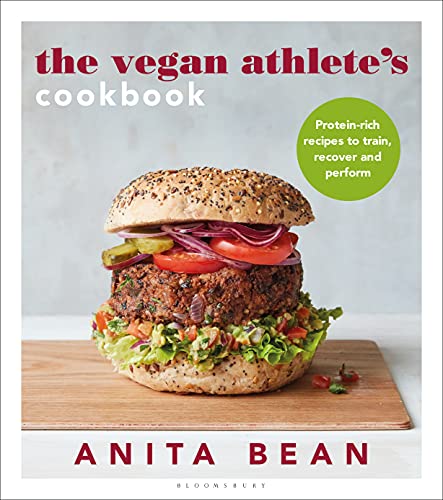
The Vegan Athlete's Cookbook: Protein-rich recipes to train, recover and perform
The Vegan Athlete’s Cookbook: Protein-Rich Recipes To Train, Recover And Perform by Anita Bean (Bloomsbury, £16.99) is out now

Jonathan Shannon was the editor of the Coach website from 2016 to 2024, developing a wide-ranging experience of health and fitness. Jonathan took up running while editing Coach and used the training plans on the site to run a sub-40min 10K, 1hr 28min half marathon and 3hr 6min marathon. He’s an advocate of cycling to work and is Coach’s e-bike reviewer, and not just because he lives up a bit of a hill. He also reviews fitness trackers and other workout gear.

